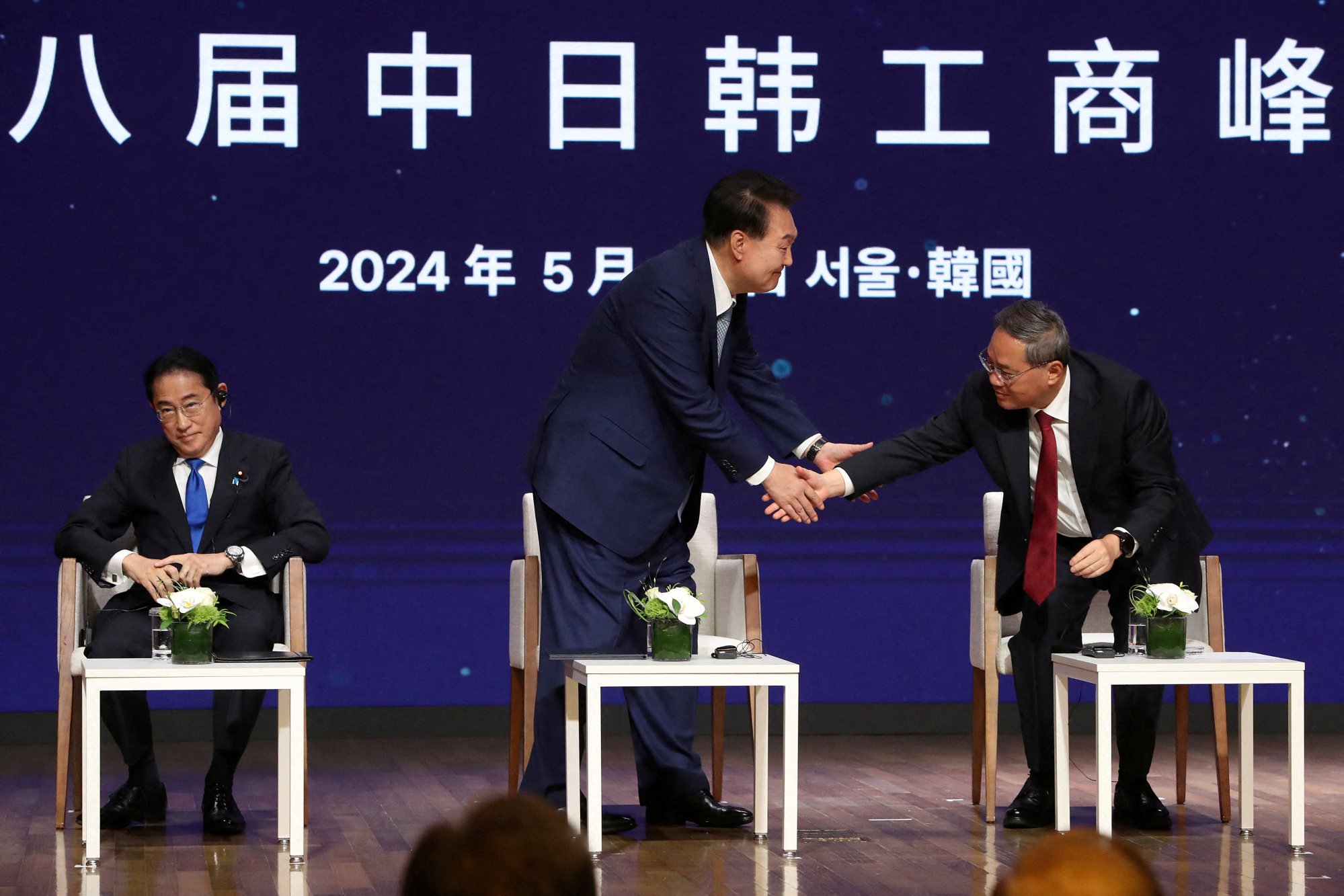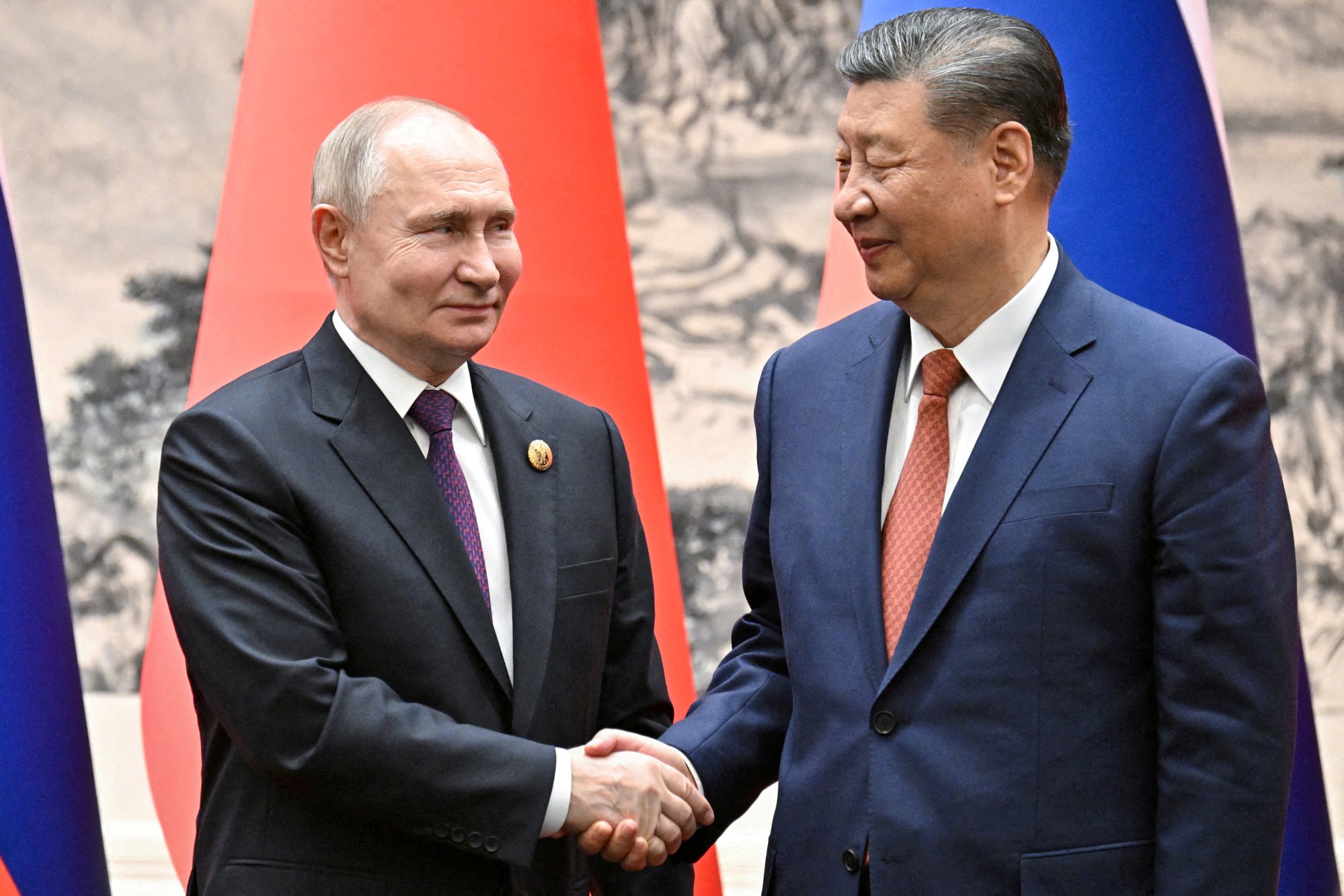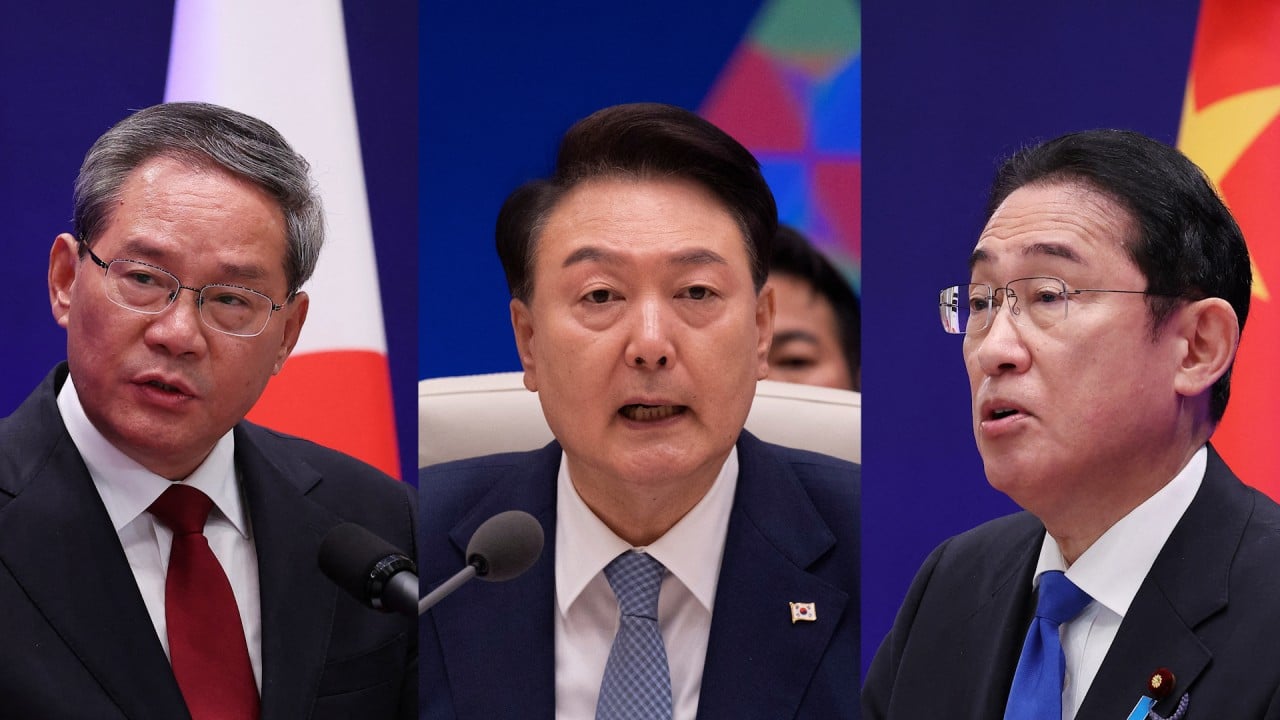The trilateral summit traditionally covered soft, non-political issues so there was never high expectations that thornier issues related to security, or conflict would make it to the agenda
Andrew Yeo, a senior fellow and the SK-Korea Foundation chair of Korea studies at the Brookings Institution’s Centre for Asia Policy Studies, said the joint statement expressed the desire to “institutionalise”, or to hold the event on a regular basis.
“Those lower level ties are still important even if larger diplomatic relations are broken”, Yeo said, noting that the summit provided an opportunity for the three leaders to hold dialogues both in a bilateral and trilateral format.
“The trilateral summit traditionally covered soft, non-political issues so there was never high expectations that thornier issues related to security, or conflict would make it to the agenda,” Yeo said.
Responding to calls on it to denuclearise, Pyongyang said on Monday such a goal has “already died out theoretically, practically, and physically”, calling it a “grave political provocation” that would speed up a military confrontation.
Stephen Nagy, a professor of politics and international studies at the International Christian University in Tokyo, said given the intensification of the US-China strategic competition, the summit “superficially had the right optics”.
“Any meeting is better than no meeting,” Nagy said, adding that the summit’s primary goal was to return to some level of dialogue between the participants, with Beijing hoping to encourage Japan and South Korea to distance themselves from the US.
“Japan and South Korea are engaging to avoid the perception that they are not engaging with China … future summits will continue along those lines with little progress,” he said.
South Korea and Japan would only affirm a commitment to open markets and supply chain cooperation, in response to China’s concerns about US economic security policies.

“Unsaid but of deep concern in Beijing are anxieties about a Russian defeat and what that means for its security.
“It is a nightmare scenario for China”, he said.
He noted that Beijing had shown a “great power autism” by telling Seoul and Tokyo that their security anxieties about China were misunderstood or that they were being “lied to” by the US.
“This kind of comment is insulting for both Tokyo and Seoul as it sends the message that they do not have autonomy in foreign policy which is completely false,” Nagy said.

In a report on Tuesday, China nationalistic tabloid The Global Times taunted Seoul’s eagerness to report the outcome of this week’s trilateral summit to the US, saying it reflected “diplomatic immaturity”.
Seoul on Monday said Japan, South Korea and the US would hold a trilateral vice foreign ministerial meeting in Virginia on Friday.
Leif-Eric Easley, a professor of international studies at Ewha Womans University in Seoul, said China, Japan, and South Korea share interests in increasing exchanges beneficial for the environment, public health, and economic growth.
“However, China’s assertive foreign policies made it difficult just to schedule the summit, so deliverables were limited”, he said, adding that the leaders’ green light to various working-level officials was a positive development.
“Yet, the sustainability, institutionalisation, and effectiveness of trilateral cooperation in Northeast Asia depend on concrete progress in the coming year and holding the next summit in Japan on schedule”, Easley said.
The trilateral summit underperformed in coordinating approaches to restarting negotiations with Pyongyang over its growing nuclear and missile threats, he said.
“For geopolitical reasons, China was unwilling to join South Korea and Japan in condemning North Korea’s impending military satellite launch that would clearly violate UN Security Council resolutions.”


